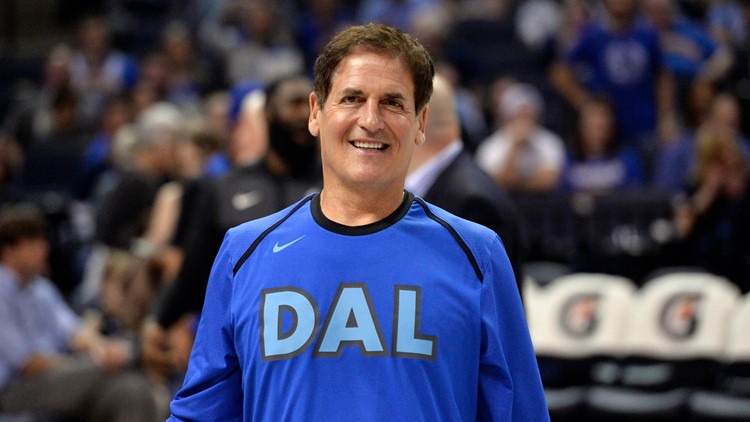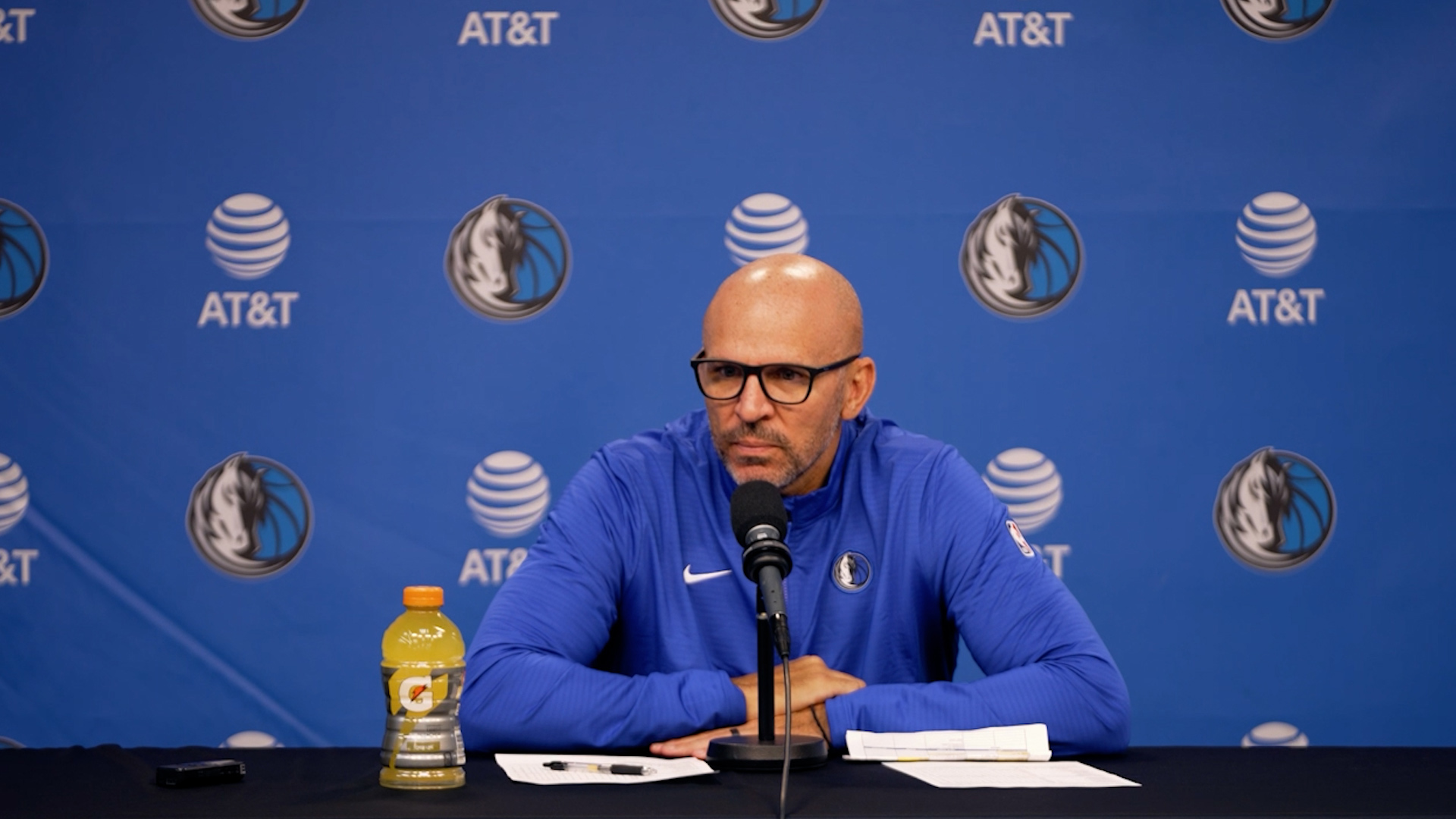DALLAS — Mark Cuban reaffirmed his stance that the Dallas Mavericks will stay within the city after the franchise's lease at the American Airlines Center expires.
Cuban, the longtime owner of the Mavericks who sold a majority stake in the franchise last year to casino magnate Miriam Adelson and her family, provided his latest take on the vision for a new arena during an Aug. 9 sports economics forum hosted by the Greater Dallas Planning Council.
The Mavericks' lease at the AAC expires in 2031 and Cuban, who maintains a 27% stake in the franchise, has put its odds of staying at the 23-year-old venue at "less than 50%." Instead, he envisions a new arena as part of a destination casino resort.
Speculation has sprung about where exactly that project could be built ever since the Adelson family, who own the Las Vegas Sands Corp. casino empire, completed their $3.5 billion purchase of the Mavericks in December. One area that has garnered significant interest is Irving, where entities controlled by Sands bought 259 acres of land in the summer of 2023. There have also been rumors online — quickly shot down by Cuban — that the Mavs could move to Las Vegas due to the city's strong connection to Sands and the NBA's interest in expanding to the market.
"We're not going anywhere," Cuban said during the forum, where he was interviewed by interim City Manager Kimberly Tolbert.
The billionaire entrepreneur offered a softer commitment following the event when pressed by Dallas Business Journal about whether the arena-anchored project would specifically be within the Dallas city limits.
"That's the goal," Cuban said. "If something crazy happens, you never know, right? But the goal is definitely to stay within the city."
Within Dallas, some experts have said the project could land next to the downtown convention center. Other potential sites within the city limits might include the former location of Reunion Arena, which was demolished in 2009, and the Cedars district south of downtown and I-30.
Cuban described his decision to sell his majority stake in the Mavs as "more of a family decision than a financial one" during the interview with Tolbert. The 66-year-old said he wanted to take pressure off his children and not force them into running the Mavericks when it came time for succession.
The specter of resort casino gaming also intrigued him as he considered the Mavericks' future arena plans. Resort gaming "would be phenomenal for Texas" and make the state a top destination for travelers from across the world, Cuban said. Yet, for all of his accomplishments in the world of business, Cuban admitted he lacks expertise in real estate and development.
"When it comes to development, it's not something I've ever done and when I've tried it, I haven't done it well," he said.
That's where the Adelson family fits in, he said. Cuban decided to partner with the family because they have the necessary experience in developing major casino destination resorts. Meantime, he could focus on basketball and other parts of the Mavericks' business operations.
"In order for [the Mavs] to be able to compete financially, we had to be able to say what comes next for the arena," Cuban said. "... Bringing a partner in with the Mavs really kind of cemented our future. And so you'll see a lot of enhancements to the American Airline Center, and you'll start to see conversations at some point on what comes next."
Cuban also spoke about the Mavericks' regional sports network deal with Diamond Sports Group, which is in the midst of bankruptcy proceedings, and said the team was considering different ways to "maximize distribution."
Cuban said he and the Adelson family remain firmly committed to Dallas because of the city's growth. Throughout the interview, Cuban lauded what he called a "can-do attitude" in Dallas that makes the city an attractive place for businesses and entrepreneurs to thrive.
"No one's leaving that, right?" Cuban said. "The reason we're growing is because people want to be here, and that just makes it so much different than almost any other city."
The major roadblock to Cuban's vision continues to be the fact that gambling remains illegal in Texas. He said Sands has the resources to push for legalization. The company and the Adelson family have already spent millions on lobbying and campaign contributions. A Sands executive briefed business leaders on the perceived benefits of destination gaming at a recent event hosted by the North Texas Commission, which is forming an exploratory committee on the issue.
Cuban said casino gaming is key to the overall plan for a destination resort because "the 10% of the people who gamble pay for everything else."



